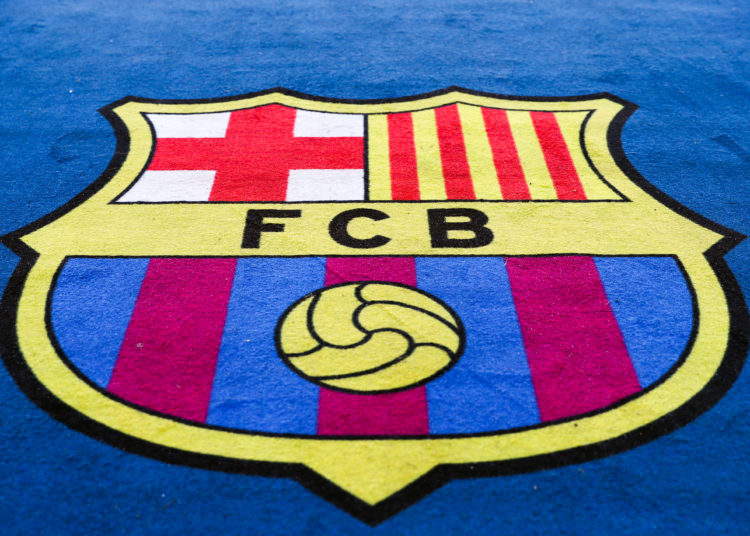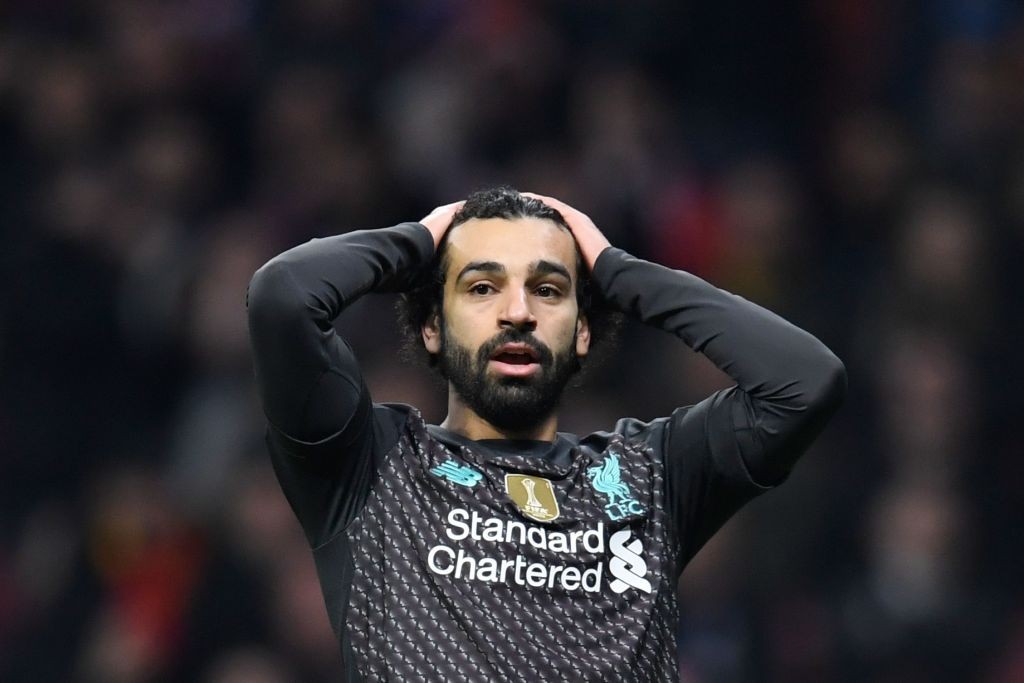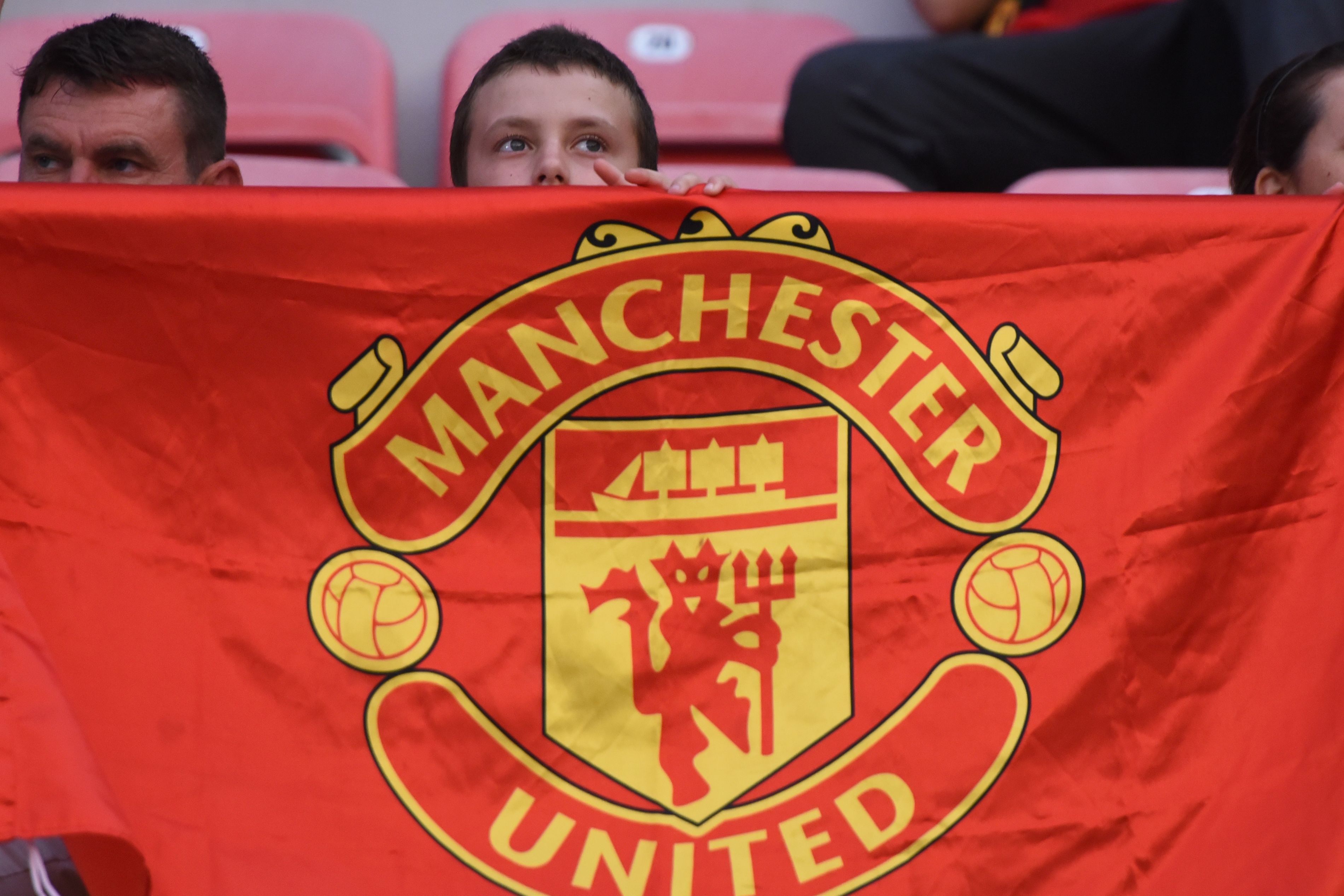The Hard Tackle looks to explain why Barcelona are under crippling debt and what they can do to navigate through this situation.
Barcelona are one of the biggest clubs in world football. Not just in terms of football but even as a brand in itself. Barcelona are a club that is not only integral to the game of football but also economically to the city of Barcelona. The club has an impact of approximately 1,191 million in the Gross Domestic Product of the city due to the tourist attraction that it provides. Moreover, directly or indirectly, the Blaugrana club employs 19,451 people as well.
There is no doubt about Barcelona’s credentials as one of the most lucrative football clubs in the modern day. According to the annual Delloite Football Money League reports, Barcelona have generated the most revenue over the past two years, generating €840 and €715 Million in 2019 and 2020 respectively.
While these numbers look extremely promising on paper, Barcelona’s financial results of the year 2019/20 season have shown that the club is under immense debt amounting to nearly €1.2 Billion, out of which €700 Million is reportedly short-term debt. There are several reasons why Barcelona somehow find themselves in such a crisis.
The Hard Tackle will look to explain exactly why Barcelona are in this situation and also enumerate a few ways in which they can relieve themselves.
Barcelona’s astonishing wage structure
When one looks at the revenue that Barcelona made, this amount of debt looks appalling. The biggest reason behind this situation is Barcelona’s wage bill and how thin their margins are in the books. Barcelona are the highest paying club in the world at the moment with their average wages per player amounting to approximately €11 Million.
Almost 74% of Barcelona’s budget goes into their wage bill which is without a doubt an alarming amount. La Liga authorities have told Barcelona to reduce their wage bill by half, which sheds light on how problematic this situation is.
Leo Messi’s alarming wages are certainly a talking point too. While Messi cost Barcelona €383 Million over the past three seasons, he’s made them €619 Million, amounting to a surplus of €235 Million. Messi is the contributing factor of 30% of Barcelona’s income as well. However, while Messi is such an important figure in the club, his wages do set a precedent for the rest of the pack and creating benchmarks of such a value is likely to be problematic.
El Mundo today, what a bomb. Leo Messi’s contract with Barcelona revealed on front page ??? @elmundoes
– €555,237,619 contract [4 years].
– €138m per season fixed + variables.
– €115,225,000 as ‘renewal fee’ just for accepting the contract.
– €77,929,955 loyalty bonus. pic.twitter.com/FK3I34hJta
— Fabrizio Romano (@FabrizioRomano) January 31, 2021
Barcelona’s wage structure is certainly something that the club needs to show more care towards. In the early days of the Coronavirus outbreak, Leo Messi and the rest of the squad took a temporary 70% wage cut to protect the income of the non-sporting staff. A good initiative by a club that needs that togetherness at the moment. After rounds of rigorous negotiations towards the end of the year, Barcelona agreed to a new wage cut that would help the club save up to €122 Million.
Fixing the wage structure has to be at the top of Barcelona’s agenda at the moment as that will be the key to relieve themselves from this situation in the long run.
The La Masia and poor transfer policy
Since the sale of Neymar Jr. in 2017 for the exorbitant price of €222 Million, the transfer market has had longstanding impacts. Barcelona have spent north of a €100 Million thrice for attacking players in hope of replacing Neymar, however, the gaping hole still remains to be there at the Blaugrana. Since the Brazilian’s departure, Barcelona have spent €767 Million across the pitch on 14 players. Six of these are not even at the club anymore.
Barcelona have spent a lot of cash since Neymar left ? pic.twitter.com/49jNmIlRY8
— Alltime Football (@talkSoccerr) July 12, 2020
There has been a lot of poor recruitment and sales at the club and this is largely down to poor planning in general and not having a proper plan in place. It is no surprise that the player that has come closest to fit into Neymar’s shoes is Barcelona’s very own Ansu Fati, that cost them a total of €0 Million.
Barcelona’s transfer policy has been flawed for a few years now and that has played its role in the club’s current situation. Barcelona have splurged on superstar names irrespective of whether that player is a suitable player for the team. A player like Phillipe Coutinho was never one that could jell with Leo Messi in the same team, since both these players require a free role on the pitch.
Antoine Griezmann may still prove to be a replacement for Luis Suarez in the long run, but it was still a signing that made little sense at the time and was heavily overpaid for.
As for the midfield department, Barcelona have signed players like Paulinho, Arturo Vidal, Miralem Pjanic, all of who were touching 30 at the time of signing. On the other hand, Barcelona sold players like Arthur Melo, Xavi Simons and loaned Carlos Alena.
Another problem that comes with this heavy spending is that Barcelona owe money to numerous clubs for incomplete transfer fees. The club still owes money to Liverpool and Ajax for the lucrative deals of Phillipe Coutinho and Frenkie De Jong. In fact, what’s most shocking is that Barca also owes money to clubs like Bordeaux and Gremio for Malcolm and Arthur respectively – players that are not even at the club anymore.
Given that Barcelona’s golden period under Pep Guardiola consisted of a team full of players from Barca’s very own academy – La Masia, one may wonder why Barcelona feel the need to splurge on so many big names. The likes of Ansu Fati, Riqui Puig, Oscar Mingueza and Ronald Araujo have all impressed this season and are the academy boys of the upcoming generation.
The €5 Million signings of Pedri are ones which Barcelona can afford to make at the moment and are also ones that the club are better of making. Pedri has been a revelation this season, and credit goes to the board for such a valuable coup.
Recruitment is certainly a department that Barcelona must pay more attention to and whoever coaches this side, must put more faith in their own academy as time and time again, La Masia has proven why it is one of the best if not THE best.
The impact of COVID-19
Covid 19 has had a massive impact on the game of football. Be it matches under closed doors, less busy transfer windows, fixture congestion or even the players’ health, Covid has been an influential factor in all of the above. Apart from the fixture congestion and players’ health risk, the biggest problem has been on the clubs’ finances.
For a club like Barcelona, a club with one of the biggest fanbase in the world, service towards the fans is a key feature of how the club runs and makes money. Matchday receipts, fan events, museum or stadium tours are all an integral part of the club’s incomings.
For every match that is played at the Camp Nou behind closed doors, the club loses out on a possible €6 Million. Moreover, all the sponsors are also suffering in these times as clubs are unable to pay them the agreed compensation. In the previous annual report, Barcelona recorded approximately €72 Million just as gateway revenue on a matchday.
Over 90,000 fans watched the Clasico live at the Camp Nou, the best attendance of the season so far.
6 million in revenue for the club. pic.twitter.com/0re5BtOes4
— total Barça (@totalBarca) December 19, 2019
With matches being played behind closed doors of the 99,354 seated Camp Nou, the losses have had a telling impact on the club’s finances. Moreover, the Espai Barça Project, a project to remodel and upgrade the Camp Nou has also faced a set-back from its already delayed estimated completion of 2024/25.
The city of Barcelona is one of the hottest tourist sites. FC Barcelona’s Camp Nou and the museum are certainly elements that make this city an attraction. Approximately 39 Million people visit FC Barcelona’s famous museum every year. It is the third-most visited museum in the whole of Spain and reportedly generates €58 Million per year.
Management woes
Josep Bartomeu has been a longstanding problem at the Catalonian club and is also majorly the one to point fingers at for the situation the club is in at the moment. Barcelona’s current situation and inability to deal with the pandemic is a consequence of a series of events that have all been highlighted above. The decline of La Masia and a poor wage structure are the root of Barca’s financial constraints. The over-reliance on matchday earnings and the revenue generated by fans has left the club in plight.
?️??BARCELONA ELECTIONS
?The interim board at Barcelona have confirmed the new date for the elections as the 7th of March. The polling stations will be open only on that date
?Postal voting will also be allowed in order to allow maximum participation#LLL
???⚽️ pic.twitter.com/tE1HPy4Fhc— La Liga Lowdown ???⚽️ (@LaLigaLowdown) January 26, 2021
To add to Barcelona’s woes, the presidential elections that were set to take place at the end of January, have been postponed to 7th March 2021. This has happened due to increased cases of COVID in Spain. This unfortunate scenario has added to Barca’s problems as interim President Carles Tusquets will remain at the club and a new project to lift Barcelona from this depression has only been pushed further away and will give the incoming person less time to fix this mess.
In these unprecedented times, FC Barcelona find themselves in an unprecedented situation. A lot needs to be done by the club, and there is very little time to do so. It is a time that requires solidarity from the club and all its members, as the entire football community looks on at one of the biggest cases of mismanagement.





